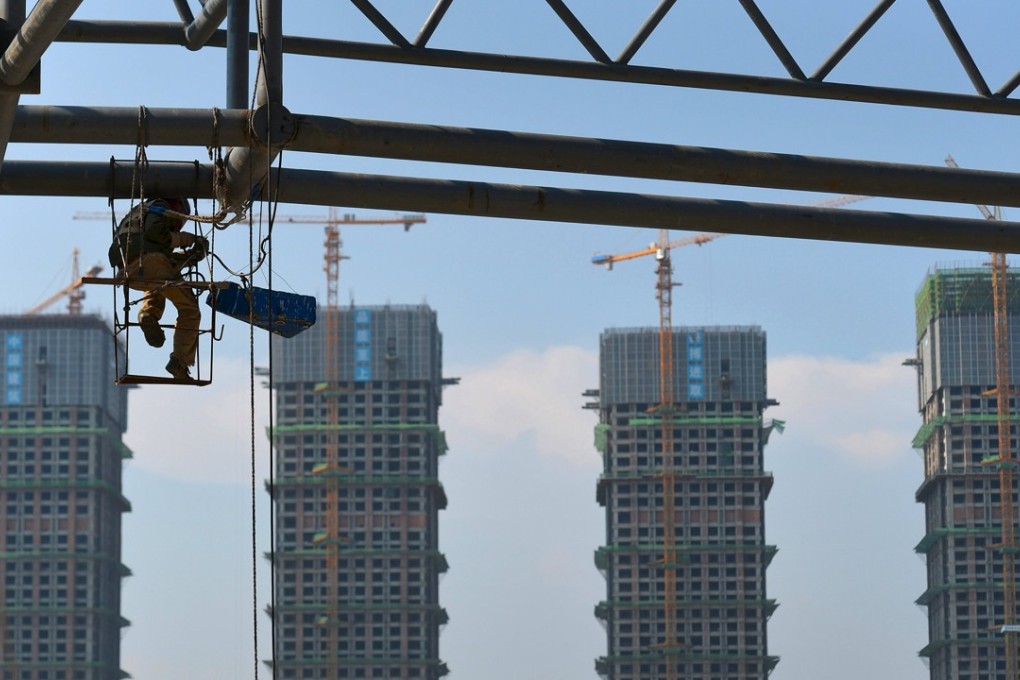Fleeting relief for China’s homeowners as property tax inches its way through legislature
However, to levy property tax is “indisputable”. It is only about timing and details, says party newspaper

A controversial property tax appears unlikely to materialise in China this year, delivering temporary relief to households and real estate owners with an estimated US$44 trillion of their wealth invested.
The Chinese legislature’s budgetary unit is “studying the key issues of the property tax, and soliciting internal opinion, before submitting the draft for initial review,” said Zhang Yesui, spokesman of the National People’s Congress, at a press conference in the Chinese capital before the start of the parliamentary meeting.
As the initial review is the very first among a series of steps before the final legislation is passed and implemented, the slow process means the property tax is unlikely to be enacted in 2018, property analysts said.
“A typical piece of legislation involves seven steps and we are just at the first,” said Liu Jianwen, a law professor at Peking University. The process involves “internal deliberation and drafting, after which there will be a draft for public consultation, and three rounds of professional reading, so it will be a long way away.”
A tax on property holdings, by far the biggest investment for Chinese households, would be controversial as it has the potential to weigh on property prices.